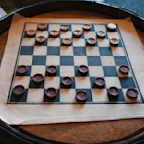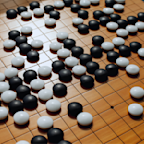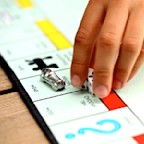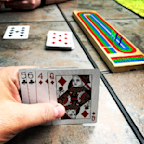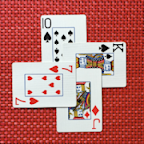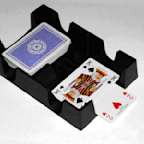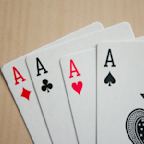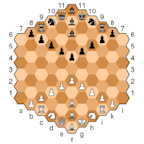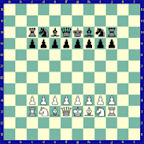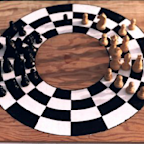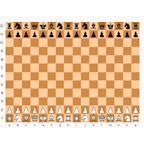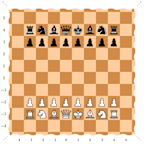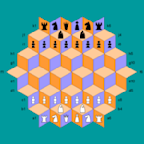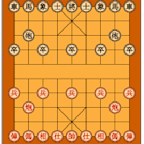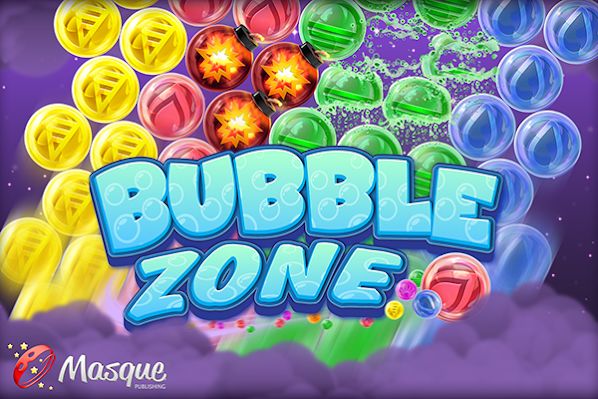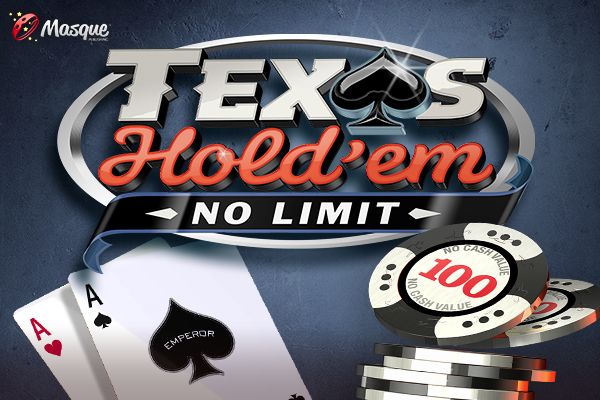Search results
People also ask
What is chess strategy?
Is chess a board game?
How can chess strategy help you win more games?
Is chess a good game?
Chess strategy is the purposeful attempt to gain an advantage over your opponent. Unlike tactics, chess strategy involves long-term goals, usually related to king safety, pawn structure, space, piece activity, etc. GM Anatoly Karpov vs. GM Garry Kasparov, 1984. Karpov is strategically winning in this position, and Kasparov eventually resigned.
Chess is a board game for two players. It is sometimes called international chess or Western chess to distinguish it from related games such as xiangqi (Chinese chess) and shogi (Japanese chess). Chess is an abstract strategy game that involves no hidden information and no elements of chance.
Because of different strategic and tactical patterns, a game of chess is usually divided into three distinct phases: the opening, usually the first 10 to 25 moves, when players develop their armies and set up the stage for the coming battle; the middlegame, the developed phase of the game; and the endgame, when most of the pieces are gone and ...
Jul 1, 2020 · Chess strategy will teach you how to develop a position. Also, you will learn how to identify and use in your favor the small pluses in a game. It will help you develop a healthy playing style and understand what to look for in the middlegame, once the opening phase is over.
Jan 30, 2024 · Chess is a complex game and, to get better at it, you will need to work on its two components – tactics and strategy. When we talk about tactics, we usually talk about something immediate. For example, you can use tactics to punish a mistake your opponent has made in two or three moves.

